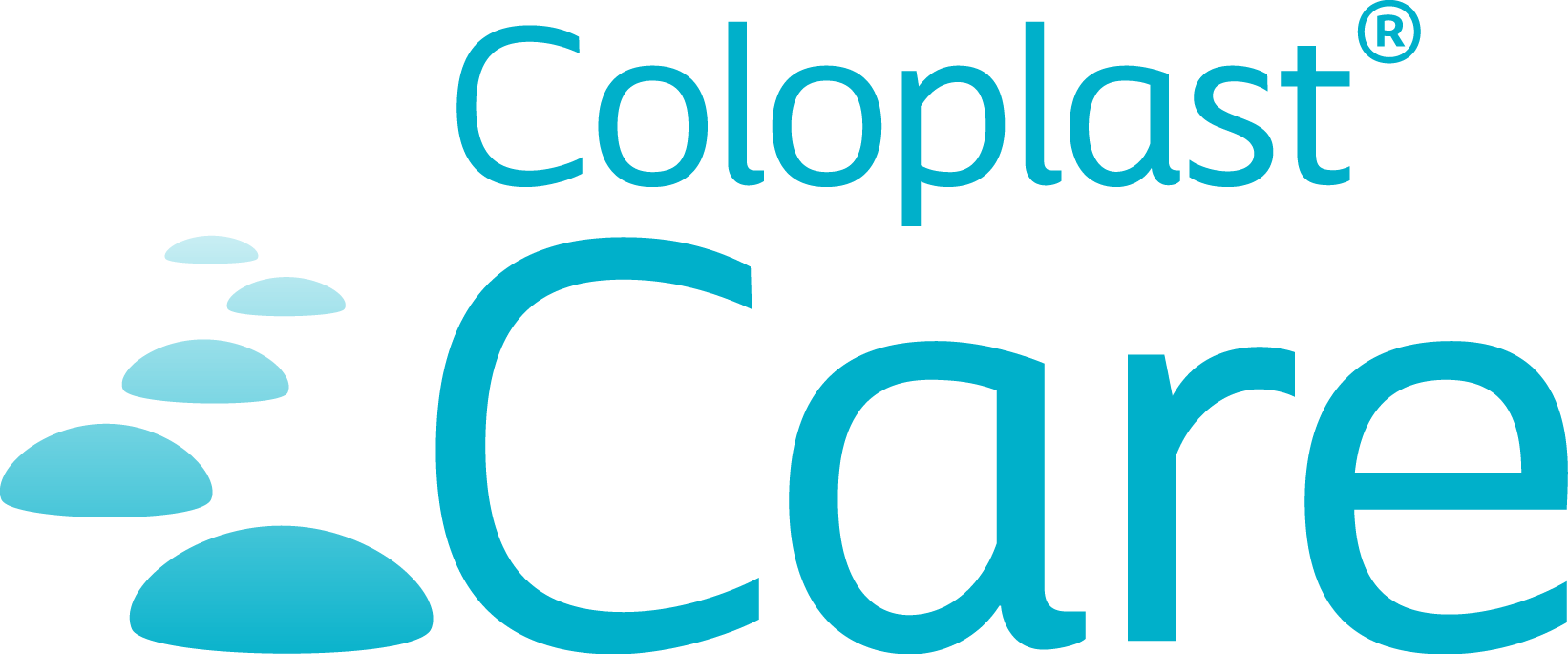If you are facing a potential surgery leading to an ostomy, you naturally will have many questions and concerns. It is important to voice your questions and concerns to your healthcare professional. Gather as much information as you possibly can while you are in the hospital. Having a friend or family member with you can be helpful as they can also assist in remembering information and understand how you will need to care for your body and pouching system after you leave the hospital.
However, despite education offered both before and after surgery, statistics show that as many as 46% of patients still feel underprepared when they’re discharged from the hospital. If you have already had your surgery and are back home, feeling a lack of confidence, ill-equipped, or underprepared, you are not alone.
Many ostomates are unsure of how to care for themselves and their pouching system following their surgery. That is why WOC nurses recommend that ostomy patients be connected to additional resources after they’ve left the hospital.
Coloplast Care is a comprehensive support program that gives people with an ostomy personal support throughout their life.
Having the support of Care, you’re not travelling the journey of living life with an ostomy by yourself. – Keagan
There are so many questions that you don’t know to ask until you start life as an ostomate. Coloplast Care helped me stay focused on what was important. – Mike
Coloplast Care covers everything from the Basics, such as: ‘What is an Ostomy?’ and ‘Before Surgery’, to ‘Routines’ and ‘Lifestyle’. Not only are there helpful articles and real-life stories from others on the website and through emails, individuals are partnered with a dedicated advisor for personalized support.
One of the best parts of Care is that you can actually speak with a person. They were listening to what I was trying to do and what my concerns were, and coming up with different solutions they felt would work for me. – Mike
Having the ability to access the Coloplast Care website is a great resource. The reality is that your healthcare provider isn’t available 24/7 around the clock. – Keagan
Gathering the right tools, resources, and community around you following your ostomy surgery will determine your ability to succeed and live a full life as an ostomate. Whether figuring out what to wear to the beach, how to prevent leakage, or learning how to use your appliance, there are resources available to you 24/7. You are not alone in this new chapter of your life.
Visit Coloplast Care to enroll and get your support program started.
Mike and Keagan have been compensated by Coloplast to provide this information.
Editor’s note: This article is from one of our digital sponsors, Coloplast. Sponsor support along with donations from readers like you help to maintain our website and the free trusted resources of UOAA, a 501(c)(3) nonprofit organization.


